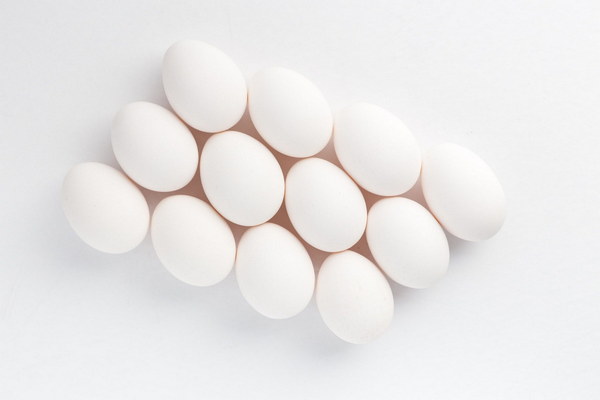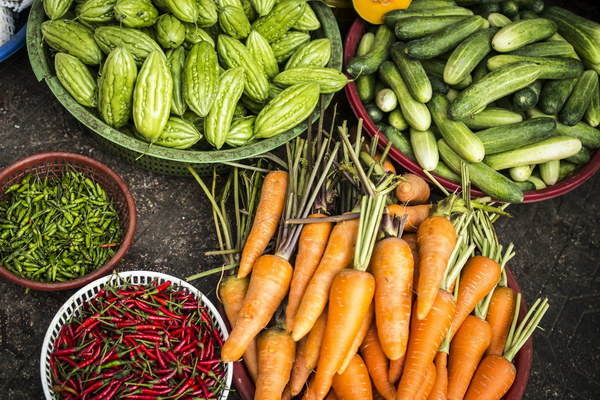The Surprising Side Effect of Taking Medication for Dampness Increased Coughing and Phlegm Production
In traditional Chinese medicine, the concept of dampness is often associated with a variety of health issues, and various herbs and medications are prescribed to alleviate its symptoms. While these remedies are typically effective in treating the underlying dampness, some individuals may experience an unexpected side effect: an increase in coughing and phlegm production. This article delves into the reasons behind this phenomenon and offers insights into managing this side effect.
Dampness, in traditional Chinese medicine, refers to an excess of fluid in the body that can lead to a range of health problems, such as fatigue, weight gain, and digestive issues. To combat dampness, practitioners often recommend herbal formulas or medications that help to expel the excess fluid from the body. However, some individuals may find that these treatments lead to an increase in coughing and phlegm production, which can be quite concerning.
The relationship between dampness and increased coughing and phlegm can be attributed to several factors:
1. Enhanced Fluid Movement: One of the primary functions of the medication is to promote the movement of fluids in the body. While this is beneficial for removing dampness, it can also lead to an increase in the production of phlegm, especially in individuals with weak lungs or respiratory issues.
2. Stimulation of Lung Function: Some traditional Chinese herbs used to treat dampness have a stimulating effect on the respiratory system. This can result in an increase in coughing and phlegm as the body tries to clear the excess fluid and debris from the lungs.
3. Allergic Reactions: In some cases, individuals may experience allergic reactions to certain herbs or components in the medication. This can lead to an increase in respiratory symptoms, including coughing and phlegm.
To manage the side effect of increased coughing and phlegm while taking dampness-relieving medication, consider the following strategies:
1. Monitor Your Response: Keep track of your symptoms and consult with your healthcare provider if you notice an increase in coughing and phlegm. They may adjust your treatment plan or recommend additional remedies to alleviate these symptoms.

2. Strengthen Your Lungs: Engage in practices that strengthen your lungs, such as gentle breathing exercises, yoga, or tai chi. These activities can help improve lung function and reduce the severity of coughing and phlegm.
3. Maintain a Healthy Diet: Eat a balanced diet that includes plenty of fruits and vegetables, which can help support your respiratory health. Avoid excessive consumption of cold and damp foods, as they can exacerbate dampness and contribute to the increased coughing and phlegm.
4. Stay Hydrated: Drinking plenty of water can help thin the mucus and make it easier to expel. Aim for at least eight glasses of water per day.
5. Use Natural Remedies: Consider incorporating natural remedies, such as honey and lemon or ginger tea, which can help soothe the throat and reduce coughing.
In conclusion, while it may be concerning to experience an increase in coughing and phlegm while taking medication for dampness, it is an understandable side effect of the treatment process. By monitoring your symptoms, adopting a healthy lifestyle, and consulting with your healthcare provider, you can effectively manage this side effect and continue to reap the benefits of dampness-relieving medication.









